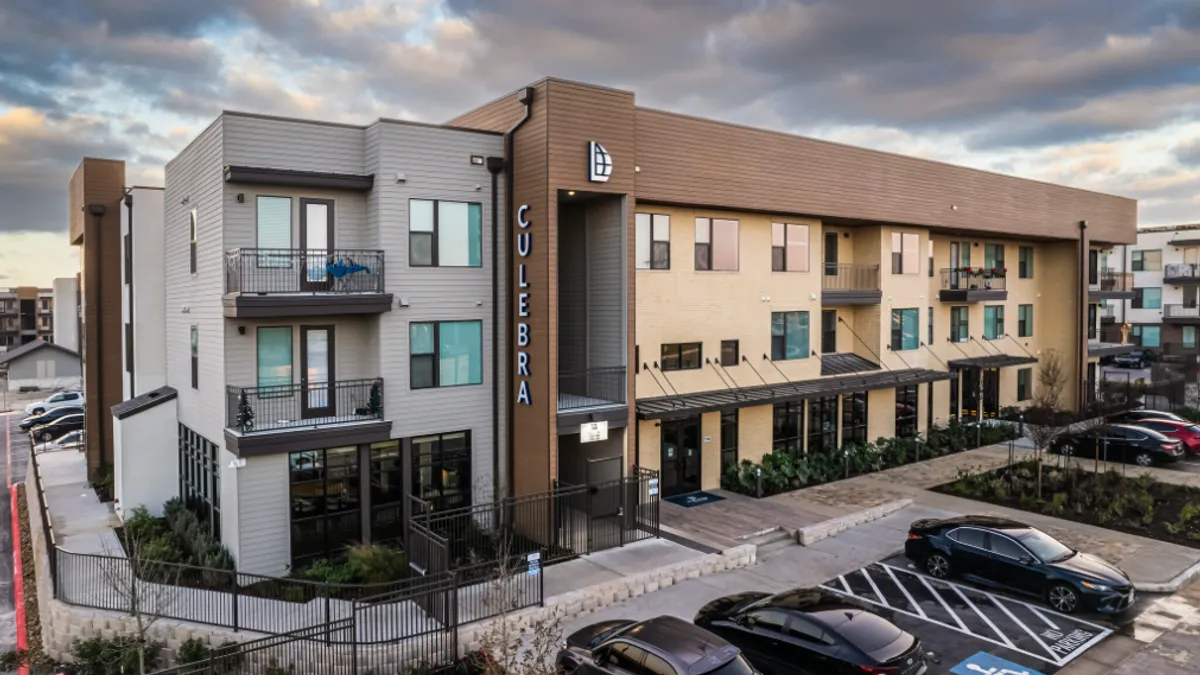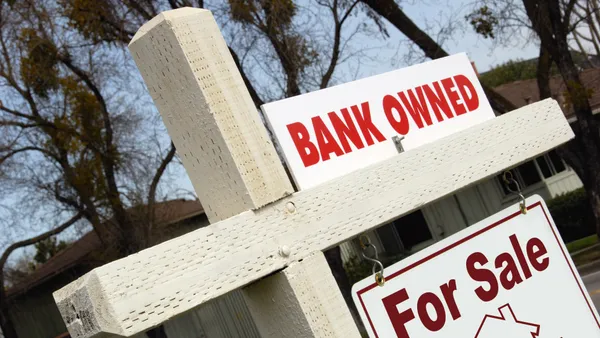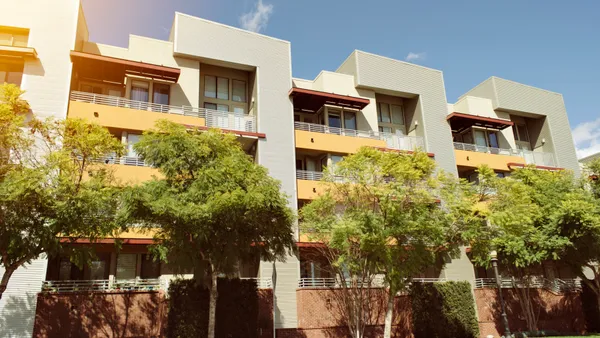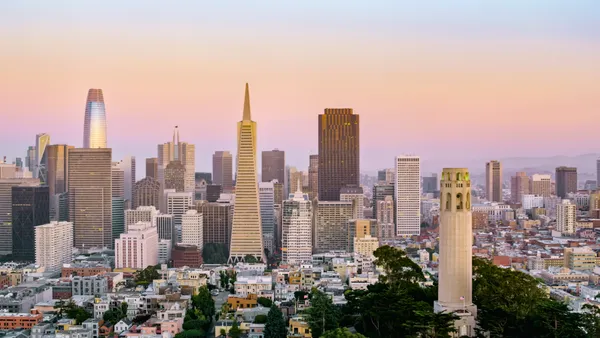Adam David Lynd, president and CEO of The Lynd Group, believes in the durability of rental housing in the U.S.
The Lynd Group, a Shavano Park, Texas-based apartment developer, manager and owner, has approximately 5,000 apartment units in production and plans an additional $300 million to $500 million in acquisitions in 2022.
Despite being bullish on the rental housing environment in his key markets of Texas and Florida, Lynd has many concerns about the broader economy, most notably inflation, and how it will affect apartment owners.
"The only control that the government has for inflation is raising rates to temper it," Lynd said. "That slows growth. If the government doesn't take action, inflation continues to spiral out of control, making things super expensive."
Here, Lynd talks with Multifamily Dive about those concerns, including inflation and asset prices.
The following has been edited for brevity and clarity.
MULTIFAMILY DIVE: Is building or buying riskier in today's market?
LYND: The assumptions that you're being forced to choke down to make a deal work in today's market are a little scary.
You're going into these things at 3% cap rates, and then you're betting on inflation and rent growth to carry the day. And that's all great, except that a lot of people don't realize that inflation is not just things costing more. It's the value of the dollar going down, and it buys less today.
What happens to companies that are too aggressive?
A lot of people use bridge loans to acquire and upgrade properties. As their borrowing costs go through the roof with interest rate increases, when they exit the property, the next buyer's interest rates are up. That scenario eradicates a lot of those gains.
Now, rents will continue to rise with interest rates, which will offset that some, But interest rates are the most powerful thing there is on a deal. And a quarter-point to a point move can eradicate all the rent gains that we get, even the 4% and 5% rent lifts, overnight. The real risk in the entire market is there are a lot of guys who are doing tons of value-add properties with adjustable-rate mortgages that are going to come due after a two- to three-year term.
So, if interest rates move and owners have adjustable-rate mortgages, what happens next?
Most people buy rate caps. So their interest rates will move from 4% to 6% or 3% to 5%. People who don't buy caps are going to be completely exposed and those guys would be the first guys to get torched… Anybody who is not hedged, and doesn't have caps or protections in place is really exposed and could be in a lot of danger.
I assume you have bought these caps?
We have. The caps are getting more and more expensive, as the likelihood of hitting them gets higher and higher. Two years ago, it may have been $80,000 to buy a cap. Today, it might be $250,000. The price has gone up exponentially because the potential of those caps hitting has gone up.
What are the concerns on the construction side?
Costs are through the roof, everything from flooring to roofing to shingles to glass. The supply chain shortage is really hurting everybody. Since the cost to construct is up, then the cost of rent is going to go up. The cost of every piece of real estate is going to keep rising because the cost to construct is the same whether you're building a dog house or an outhouse.
So rising rents are helping you out with that right now?
Exactly. Rents are bailing out everybody on the cost side. The value creation from those rents is eclipsing the cost overruns. But if rents get stagnant, it's going to crush a lot of people.
Click here to sign up to receive multifamily and apartment news like this article in your inbox every weekday.











